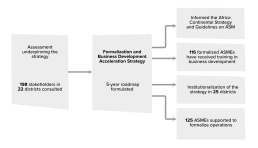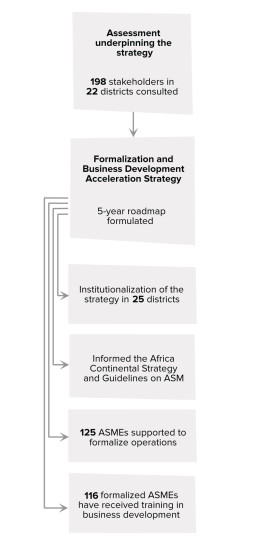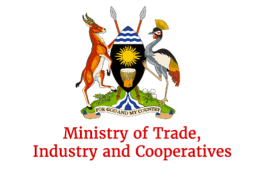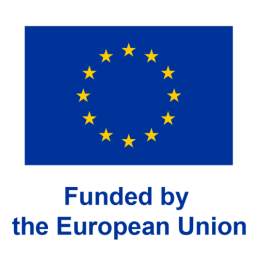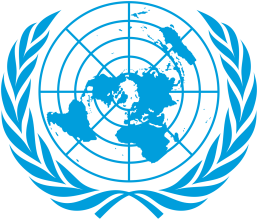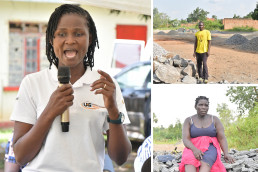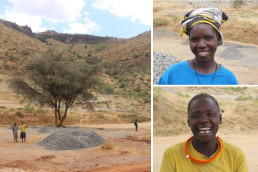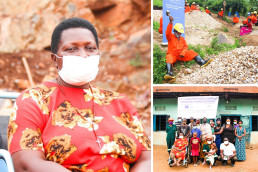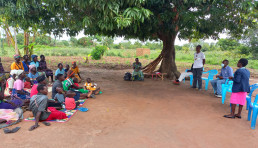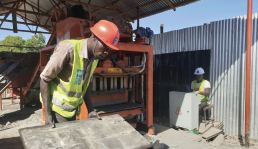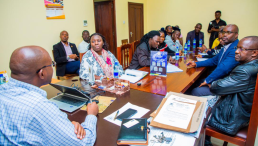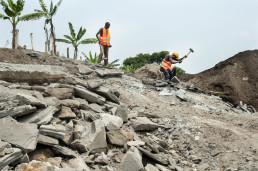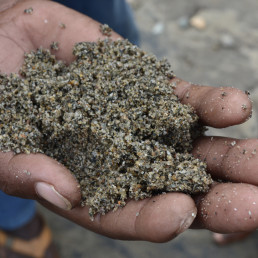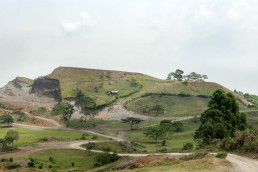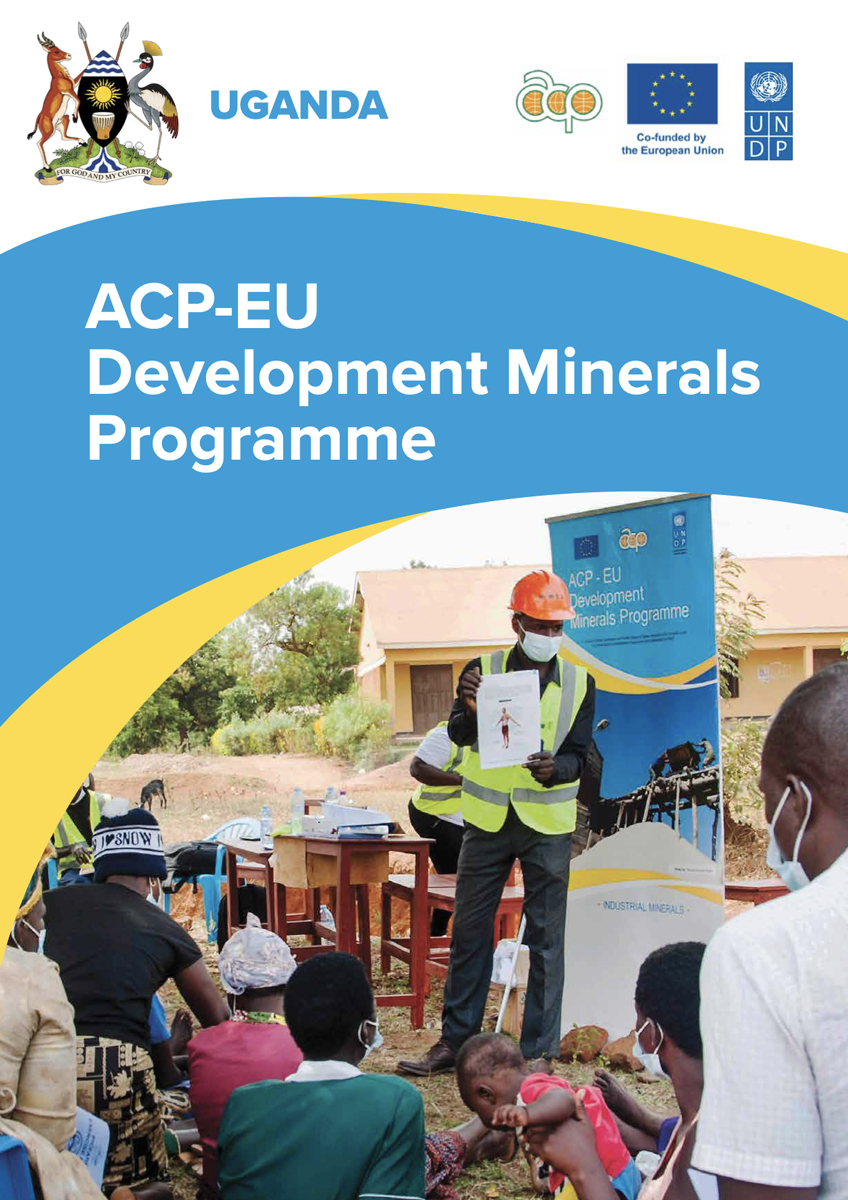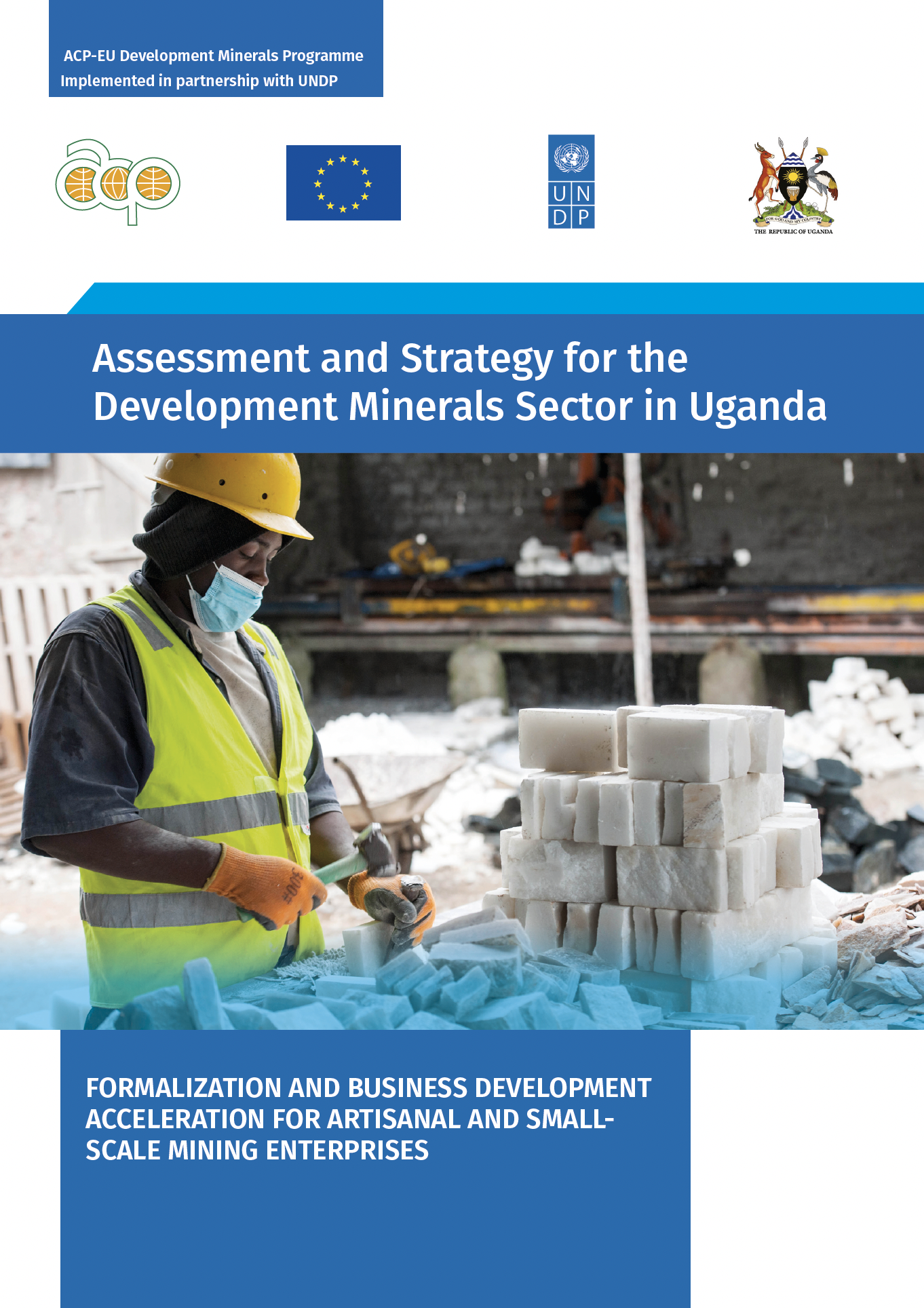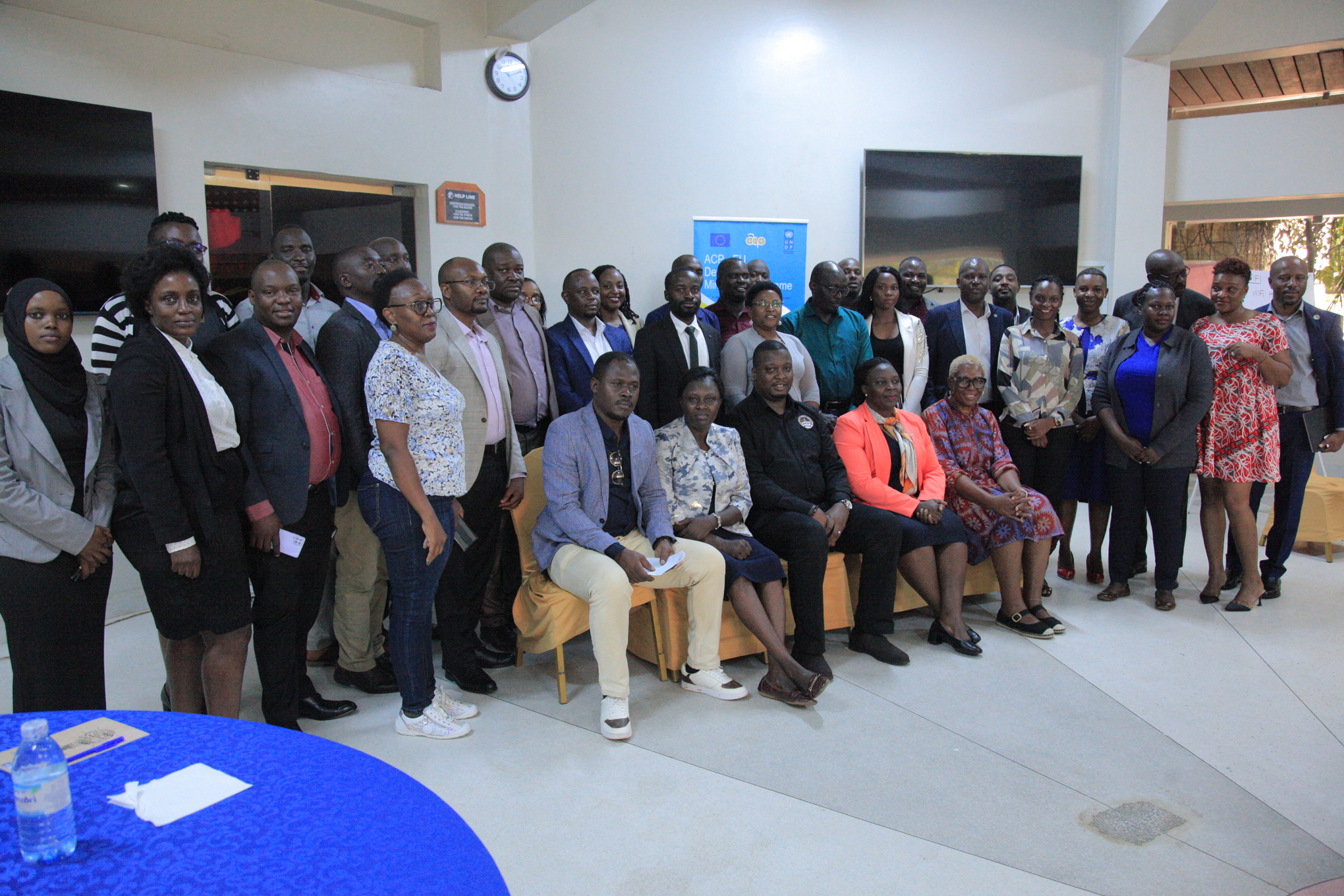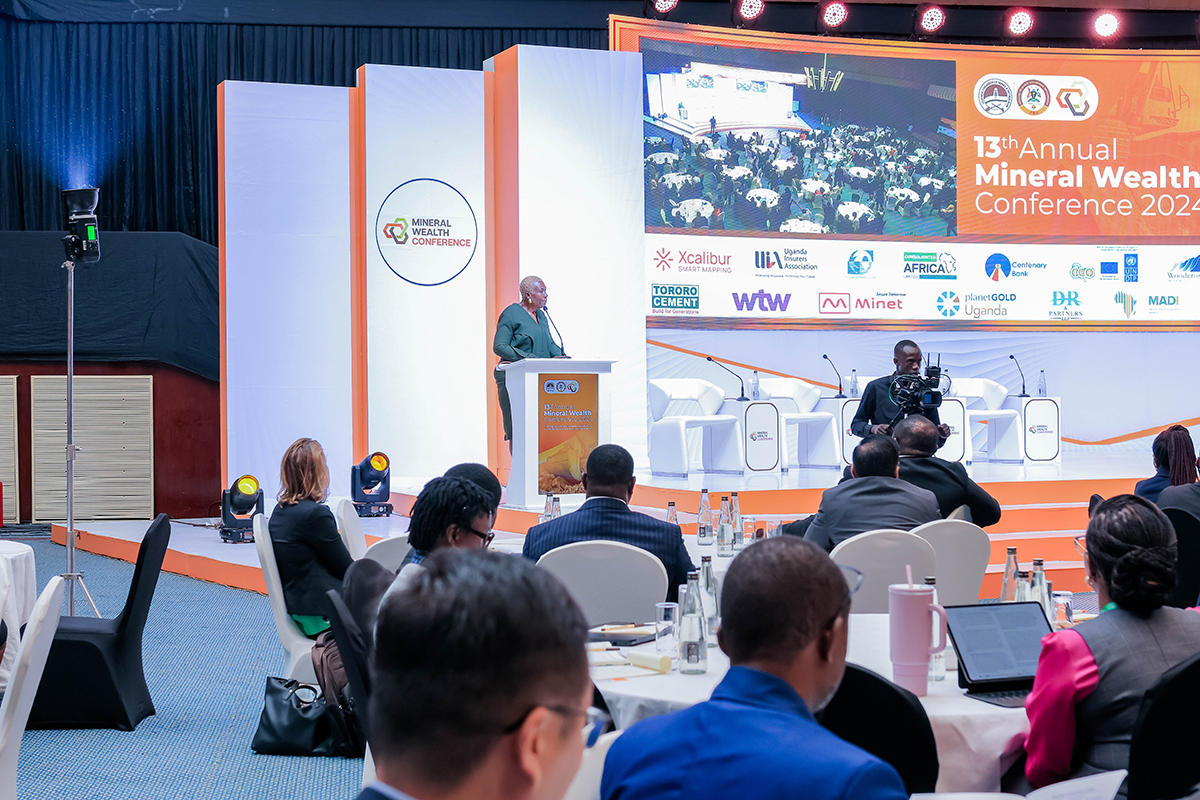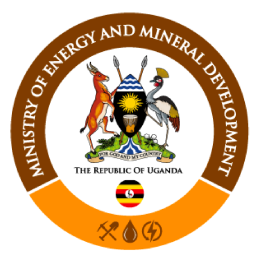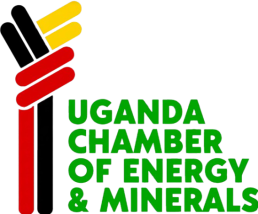UGANDA
Uganda, located in East Africa, boasts a diverse landscape that includes the snow-capped Rwenzori Mountains and the vast Lake Victoria. Its population of nearly 49 million people is predominantly young and growing fast. Uganda possesses immense potential for development due to its abundant natural resources including valuable minerals like gold, iron ore, limestone, and oil, as well as vast deposits of uranium, marble, graphite, copper, and cobalt.
The government’s strategy for a ten-fold growth of Uganda’s economy prioritizes agro-industry, tourism, mineral development, as well as science, technology, and innovation. It prioritizes sustainable production and value-addition across various industries, including minerals. Leveraging Uganda’s mineral wealth can stimulate economic growth, create jobs and reduce poverty. The Government of Uganda is also committed extensive infrastructure improvements, as well as technological and human capital development.
The Mining and Mineral Policy of 2018 and the Mining and Minerals Act of 2022 set the policy and legal framework of the mining industry, through increased investments, value addition, national participation, and revenue generation.
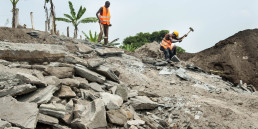
Development Minerals in Uganda
Uganda is rich in Development Minerals, which include clay, sand, stone aggregate, dimension stones, limestone, marble, salt, pozzolanic ash, bentonite, semi-precious gemstones, and gypsum. The Development Minerals sector provides essential raw materials for construction, housing, infrastructure, farming, and manufacturing.
Artisanal and small-scale mining
Artisanal and small-scale mining dominates the Development Minerals sector in Uganda
83%
of Development Minerals production
390,000 Ugandans, 44% women
directly employed
2.5+ million
Ugandans benefit indirectly
1.4% of GDP
if included in national statistics
~US$350 million
7 times the value of official mineral production
4.2 times the value of artisanal gold production
OUR ACHIEVEMENTS IN UGANDA
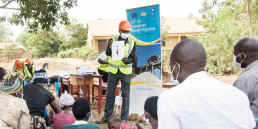
The ACP-EU Development Minerals Programme brought into the spotlight the Development Minerals sector’s potential for national development in Uganda. By building capacities of mining communities and technical service providers, the Programme promotes formalization of the sector and targeted, community-focused, and multi-disciplinary support.
The Programme has funded over 40 grassroots organizations to improve value addition, access to financing, safety equipment, and rehabilitation of mining sites. Additionally, seven small and medium-sized enterprises received grants to produce innovative solutions for market access in the Development Minerals sector. These solutions aim to create jobs for youth and communities through on-the-job training, mechanization, and digital technologies.
To date, over 100 mining associations and enterprises have received training, and 116 mining associations have been formalized. These training courses have covered topics like improved mine management (environmental, social, health, and safety), business planning, and value addition.
LEGAL AND INSTITUTIONAL ENVIRONMENT
Helped shape national policies, strategies, laws, and actions on Development Minerals by:
- Conducting a baseline assessment and value chain analysis to profile and catalyze support for the previously neglected Development Minerals sector.
- Supporting the development of policies, analyses, strategies, and legislation on artisanal and small-scale mining, including the Building Substances Bill.
- Helping develop the Formalization and Business Acceleration Strategy for Uganda’s Development Minerals sector.
- Building institutional capacity at the local level to provide extension services to artisanal and small-scale mining communities.
ENVIRONMENTAL AND SOCIAL SAFEGUARDS
Promoted sustainable and resilient mining practices in artisanal mining by:
- Conducting extensive on-site training on sustainable mining methods for artisanal and small-scale miners.
- Developing handbooks for artisanal and small-scale miners on conflict management, safety, health, and environmental restoration.
- Supporting the formalization of artisanal mining associations across Uganda.
- Improving livelihood security through business and financial planning for artisanal and small-scale miners, with a focus on women-led enterprises.
VALUE-ADDITION AND INNOVATION
Promoted inclusion of artisanal and small-scale miners and helped overcome barriers in accessing markets by:
- Developing innovative digital platforms to connect artisanal and small-scale miners in the Development Minerals sector with the growing construction industry.
- Providing grants to build skills, promote value addition, and create jobs for women and youth.
FOCUS AREAS
Enabling Environment
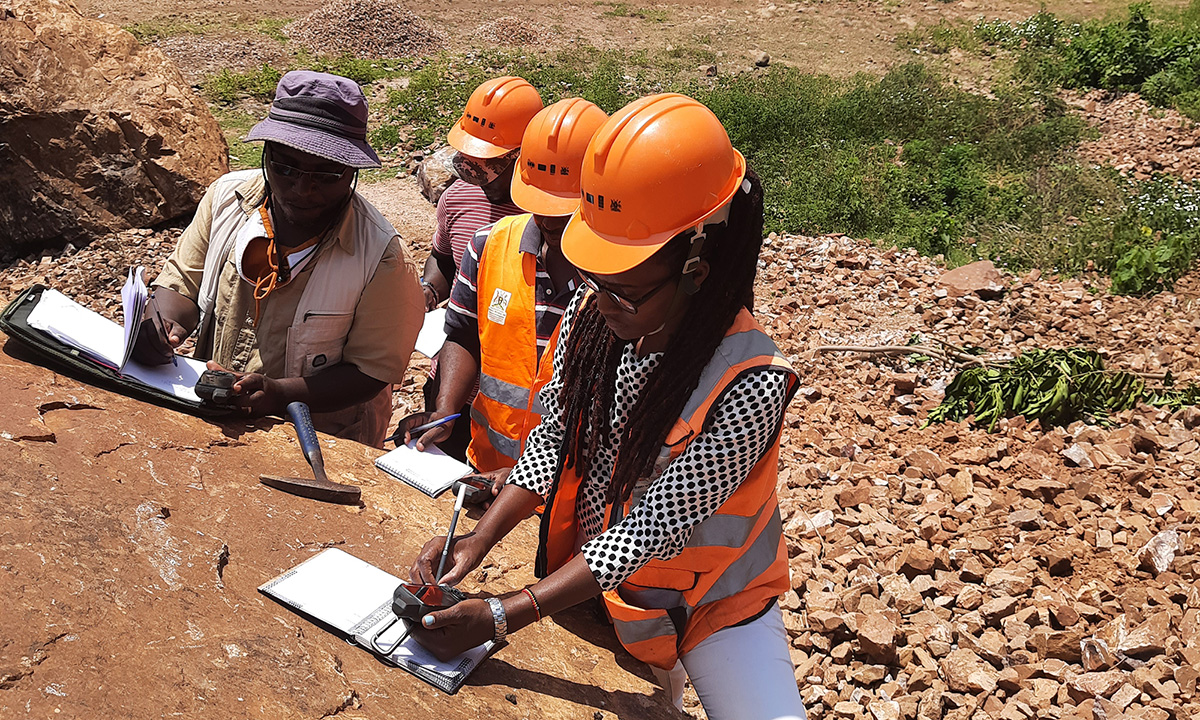
POLICIES AND INSTITUTIONS
The Programme is helping strengthen laws, policies, and institutions, to support the growth of a more sustainable and responsible artisanal and small-scale mining sector in Uganda. Additionally, it is strengthening technical oversight and extension service provision by national and local government to artisanal mining. The Programme has played a key role in drafting and organizing consultations on policies, strategies, regulations, and laws for the Development Minerals sector.
- Mining and Minerals Policy (2018)
- Mining and Minerals Bill (2022)
- Building Substances Bill (forthcoming)
- Artisanal and Small-Scale Mining Regulations (2024)
GEOLOGICAL AND MINERAL INFORMATION
The Programme organized training for geoscientists from the public and private sectors in reserve estimation for Development Minerals in collaboration with the Africa Mineral Geosciences Centre (AMGC).
Geological data helps the government improve land use planning paving the way for formalization, while artisanal and small-
scale mining enterprises can use quantified mineral reserves to use as collateral for bank loans.
38 geoscientists in the public and private sectors trained in mapping and reserve estimation of Development Minerals to inform policy and investment decisions.
10 GPS Readers provided to the Ministry of Energy and Mineral Development to facilitate geological mapping of Development Mineral.
Identified and mapped locations and sites for Development Minerals like sand, clay, aggregates, dimension stone.
Enriched Uganda’s mining cadastre by adding new mining data to the official mining database.
Enhanced stakeholder support by helping Ministry officials gain the ability to provide technical support to mining groups, government counterparts, and stakeholders involved in mining and exploration activities for Development Minerals.
Trained officials to interpret maps and incorporate Development Minerals sites into their routine mapping and exploration activities.
Digitization
To improve market access and reduce trade barriers for artisanal and small-scale miners in the construction sector, Innovation Grants were given to projects that harness inclusive value chains, digitization, and job creation for youths. The Programme supported the development of two digital platforms which enable artisanal miners to access markets by directly receiving and fulfilling orders from clients.
These platforms also benefit customers by offering expert guidance on construction and renovation project, adhering to industry standards and best practices. Tofali Africa’s online calculator enables customers to obtain precise material and financial estimates, facilitating informed decision-making.
Artisanal and small-scale mining
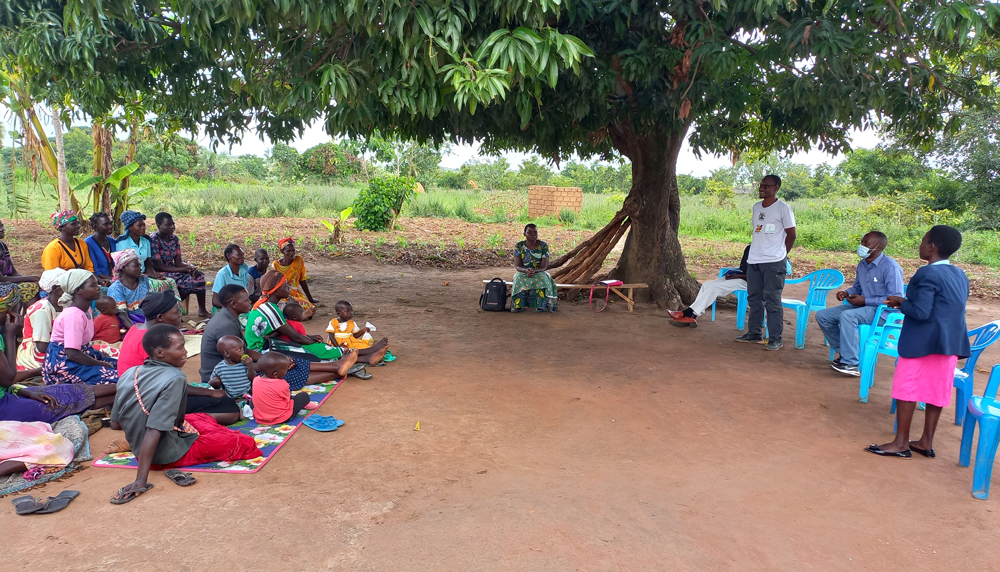
ORGANIZATION AND FORMALIZATION OF ARTISANAL AND SMALL-SCALE MINERS
The Formalization and Business Development Acceleration Strategy was launched by the government through the Ministry of Energy and Minerals Development. The Ministry of Trade, Industry and Cooperatives led the roll out of the stragedy by supporting District Commercial Officers to disseminate the stragedy in colaboration with various other actors.
The strategy emphasizes the urgent need to support artisanal and small-scale mining enterprises across the Development Minerals value chains, with:
- Business formalization
- Promoting responsible mining practices and environmental sustainability
- Structured approach to modernize artisanal and small-scale mining operations
- Increase artisanal and small-scale mining enterprises productivity and incomes
- Job creation and community building
ENVIRONMENTAL, SOCIAL, GOVERNANCE AND SAFETY PRACTICES
The Programme has provided valuable data to guide the development of safer and environmentally friendly mining practices in the Development Minerals sector. The Programme has provided comprehensive resources and user-friendly tools for peer-to-peer learning. This has enabled focused outreach, training, and financial support for mining enterprises and associations.
A year-long “training marathon” was conducted at mine sites in 25 districts. On-site training ensured uninterrupted learning and active participation. This initiative reached almost 4000 miners, including about 2000 women covering critical topics such as mine safety, health, environmental protection, human rights, social cohesion, and financial literacy. Additionally, 80 local government officials were trained to provide sustained extension services to artisanal and small-scale miners.
EMPOWERING WOMEN IN ARTISANAL MINING
The Programme trains, mentors, and provides financial support to empower women in artisanal mining and mineral processing. To address gender disparities in earnings and working conditions, the Programme has:
- Helped women form mining associations to strengthen their position
- Provided equipment grants to reduce gender-based work disadvantages
- Improved safety and health conditions at mining sites
- Collaborated with partners to combat gender-based violence
- Facilitated visits to value-addition centers to enhance women’s skills and productivity
Business and value chain development
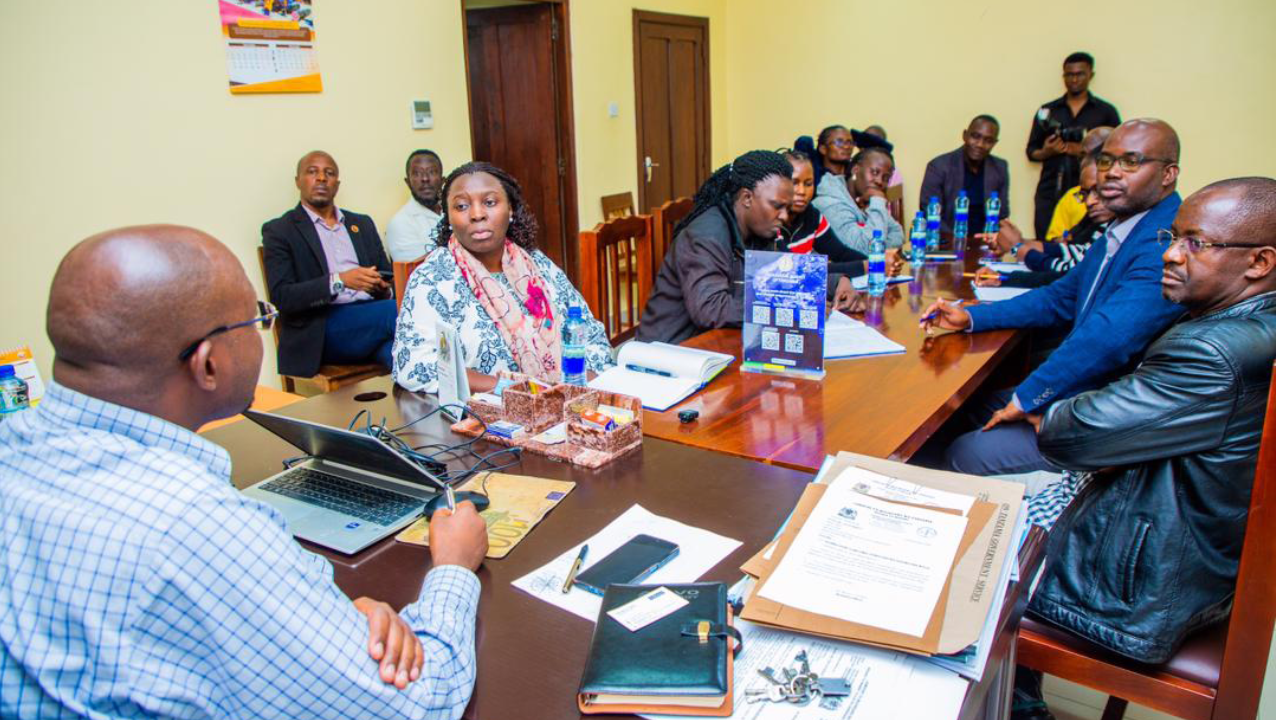
Entrepreneurship and Business Development
Training in critical business skills for artisanal and small-scale mining enterprises
604 artisanal and small-scale mining enterprises benefited
66 women-owned artisanal and small-scale mining enterprises trained in business management
Innovation Challenge Awards for SMEs and social enterprises:
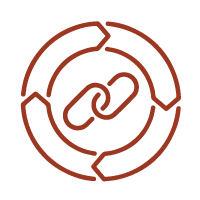
Inclusive value chains
Inclusive business models for product development and value addition implemented
------

Digitalization
A digital marketplace developed to address market access barriers for construction
.
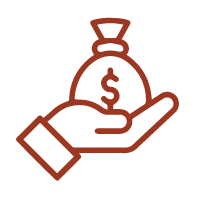
Access to finance
Financial service providers sensitized to develop credit or financial products to service artisanal and small-scale mining enterprises in Development Minerals
Value Addition and Low-Carbon Materials
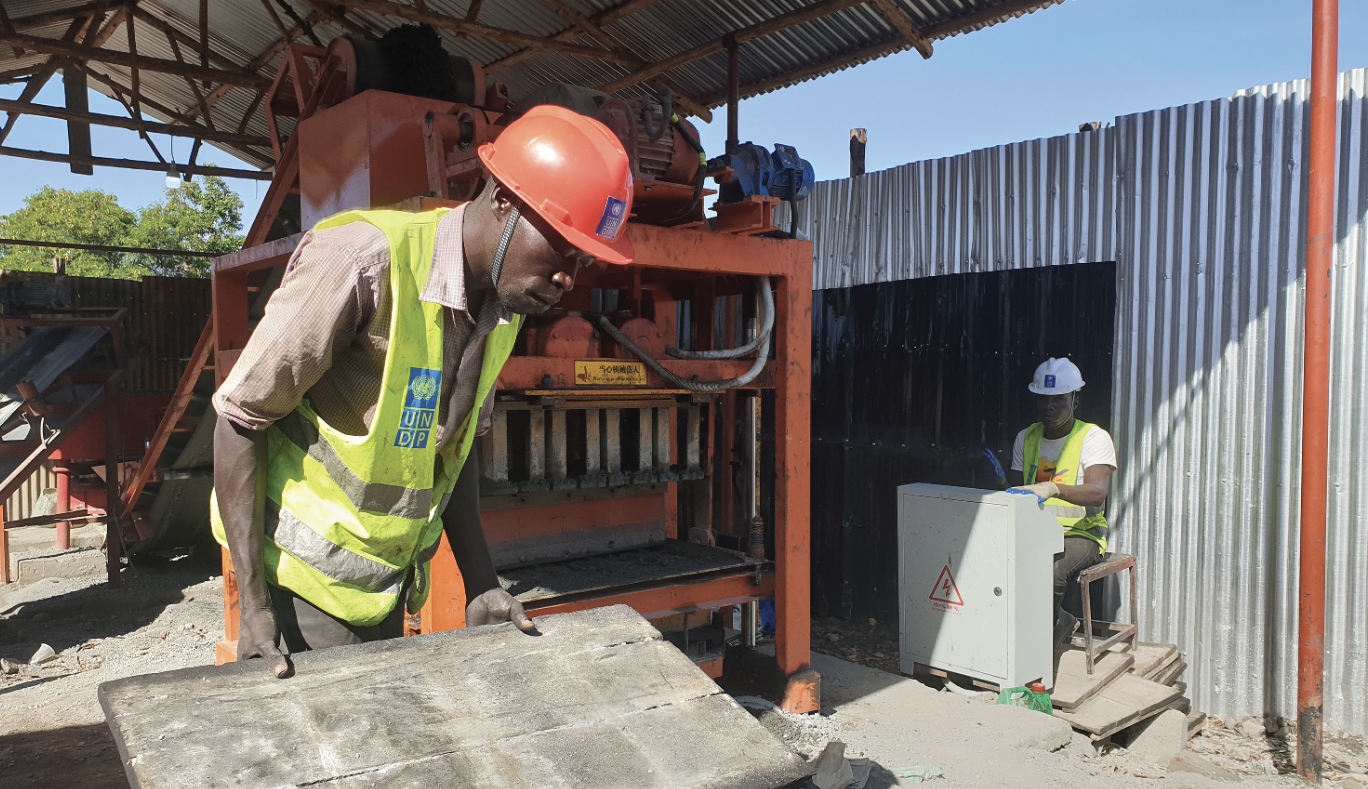
Skills and Value-addition to Development Minerals
The Programme trained participants in the production of construction materials and value-addition of Development Minerals using both theoretical and practical learning approaches.
Young trainees were equipped with practical skills to process Development Minerals, such as stone masonry, bricklaying, and concrete mix production, enabling them to find jobs on the construction labour market.
An innovative train-to-own model empowered young people by training them in operating and maintaining construction machinery, enabling them to start their own small-scale enterprises. 66 women-led artisanal mining associations received training on improved processing and value-addition techniques for Development Minerals.
150 youths (68 female)
trained in value addition (concrete mix production) and have jobs. They were also trained in financial literacy and formed a local savings group.
66 women-led associations
equipped with skills in value addition and marketing of Development Minerals 3,500 beneficiaries in the target communities
62 concrete machine operators
enrolled in a train-to-own model for job creation and livelihood security for youth
16 bricklaying students (7 female)
received industrial training opportunities which greatly enhanced their employability
62 youths
equipped with skills in stone masonry
25 have work placements
5 are self-employed
LOW-CARBON MATERIALS
Uganda was a part of a global study on low carbon materials and their use in a circular economy. The study highlighted the abundance of raw materials in Uganda that can replace high-emission materials used in the production and processing of construction materials.
The study showed that:
- Development Minerals are extensively used in construction. For example, varieties of stone, sand, clay, murram (laterite earth), limestone and pozzolan.
- Artisanal and small-scale miners dominate the mining of sand, stone and clay.
- Low carbon materials can reduce the environmental impact, increase circularity in materials use and reduce the cost of construction.
- Improved standardization and communication are necessary to ensure the trustworthiness of low-carbon, green, and circular building materials.
- Over 300 stone quarries and nearly 600 clay mining sites are located around the capital, Kampala.
- High-emission building materials such as concrete blocks and burnt clay bricks are currently the most consumed construction materials. There is huge potential to shift to low-carbon construction materials such as lower-carbon cement varieties and soil-stabilized bricks.
- Soil-stabilized bricks production is well-suited for small-scale production and job creation.
MEDIA
STORIES AND BLOGS
Innovation and Enterprise Empowering Women Artisanal Miners of Uganda
Transforming Lives of Karamoja Women Miners
Creating Livelihood Opportunities in Uganda
Voices from the field
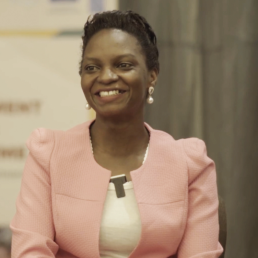
“
With the support from the Programme we've been able to reach over 25 districts. We've been able to train miners on different aspects of mining from the best mining methods to health and safety to value addition. My focus at the ministry is on value addition. So, it has been something that we have been championing together with the program to add value to the different commodities.
”
“
With the support from the Programme we've been able to reach over 25 districts. We've been able to train miners on different aspects of mining from the best mining methods to health and safety to value addition. My focus at the ministry is on value addition. So, it has been something that we have been championing together with the program to add value to the different commodities.
”
Naomi Nangoku
Senior Mineral Dresser, Ministry of Energy and Mineral Development, Uganda
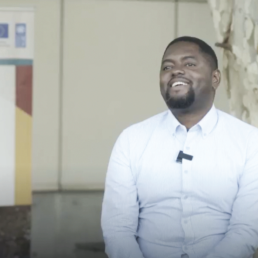
“
In terms of formalizing artisanal miners before this programme came, we used to mainly deal with precious metals like gold, like tin. We never really dealt with clay and marble and sand and aggregate. But through this project [Programme], we started reaching out to even the artisanal miners who are engaging in the extraction of Development Minerals and created associations.
”
“
In terms of formalizing artisanal miners before this programme came, we used to mainly deal with precious metals like gold, like tin. We never really dealt with clay and marble and sand and aggregate. But through this project [Programme], we started reaching out to even the artisanal miners who are engaging in the extraction of Development Minerals and created associations.
”
Chris Byaruhanga Musiime
Programme Director - Africa Centre for Energy and Mineral Policy
Videos
Video Embed
Photos
IN THE NEWS
- Youth Empowerment Program to Transform Uganda’s Mining SectorUganda
September 15, 2025
NilePost - Uganda: New Law to Regulate Construction Minerals in OffingUganda
29 October 2024
AllAfrica - New law to regulate construction minerals in offingUganda
29 October 2024
The Independent
RESOURCES
EVENTS
- There are no upcoming events.
- There are no upcoming events.
Latest Past Events
Dialogue on De-risking Financing for ASMEs in Development Minerals
Kampala, UgandaArtisanal miners encounter challenges in securing funding: as they operate informally and are involved in a sector often perceived as […]
13th Annual Mineral Wealth Conference
Kampala, UgandaThe ACP-EU Development Minerals Programme supported the 13th Annual Mineral Wealth Conference (1-2 October 2024, Kampala), themed “Leveraging Critical Minerals […]



